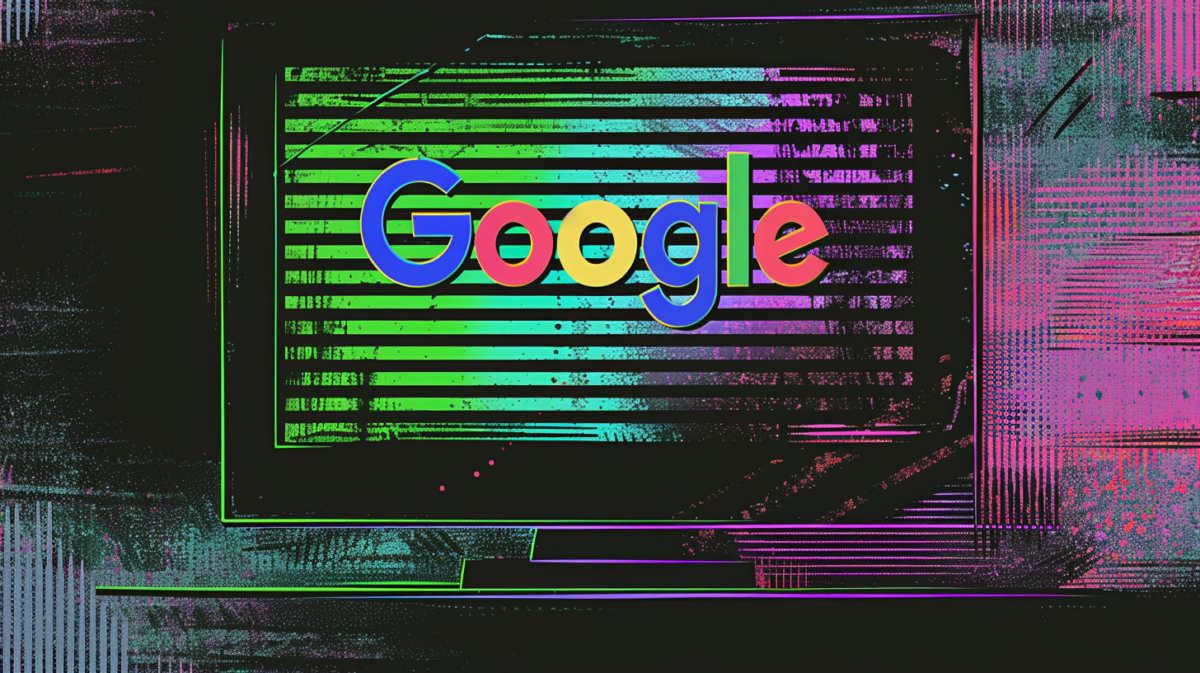Microsoft and OpenAI's visions for a new chatbot web search have not yet come to fruition. But OpenAI is apparently planning a new attempt.
According to a source at The Information, OpenAI is developing its own web search product that will compete directly with Google. The product is said to be based at least in part on Microsoft's Bing search.
It is unclear whether the web search will be a separate product from ChatGPT, which already has Bing integrated. ChatGPT reads the content of a web page via Bing and tries to summarize it in about 100 words.
However, this form of web search is slow and unreliable when it comes to the completeness of a page's content and is not yet a competitor to traditional search.
So it might make sense for OpenAI to release a standalone search product that is optimized for this purpose and is faster, similar to Google's own generative AI search SGE or Perplexity.ai.
Microsoft's chat web search has yet to achieve significant success, despite much hype. Even Microsoft CEO Satya Nadella has said that he overestimated its potential.
OpenAI's web search product could be combined with another project to create an AI agent that can independently perform tasks on the web-based on instructions.
For example, an LLM search could find out what time your favorite movie is playing at the nearest theater and book tickets for you. Google also sees a possible future in these kinds of action-oriented LLMs navigating the Web as a complement to traditional search.
AI-powered web search could have a major impact on the content ecosystem
The new web search engines with generative AI are likely to divert less traffic to the websites of content producers.
As they gain traction in ecosystems, whether as chatbots or in other forms, they raise new questions for the Internet ecosystem: How much human content is embedded in AI answers, and who owns it to what extent? Who is responsible for wrong answers? What is the value of websites if an AI search largely anticipates the answers?
In light of these questions, and because the ChatGPT competition feared about a year ago has yet to emerge as a search adversary, Google also appears to be slowing the pace of its web search AI transformation. This transformation poses many risks to the search company beyond financial losses.
